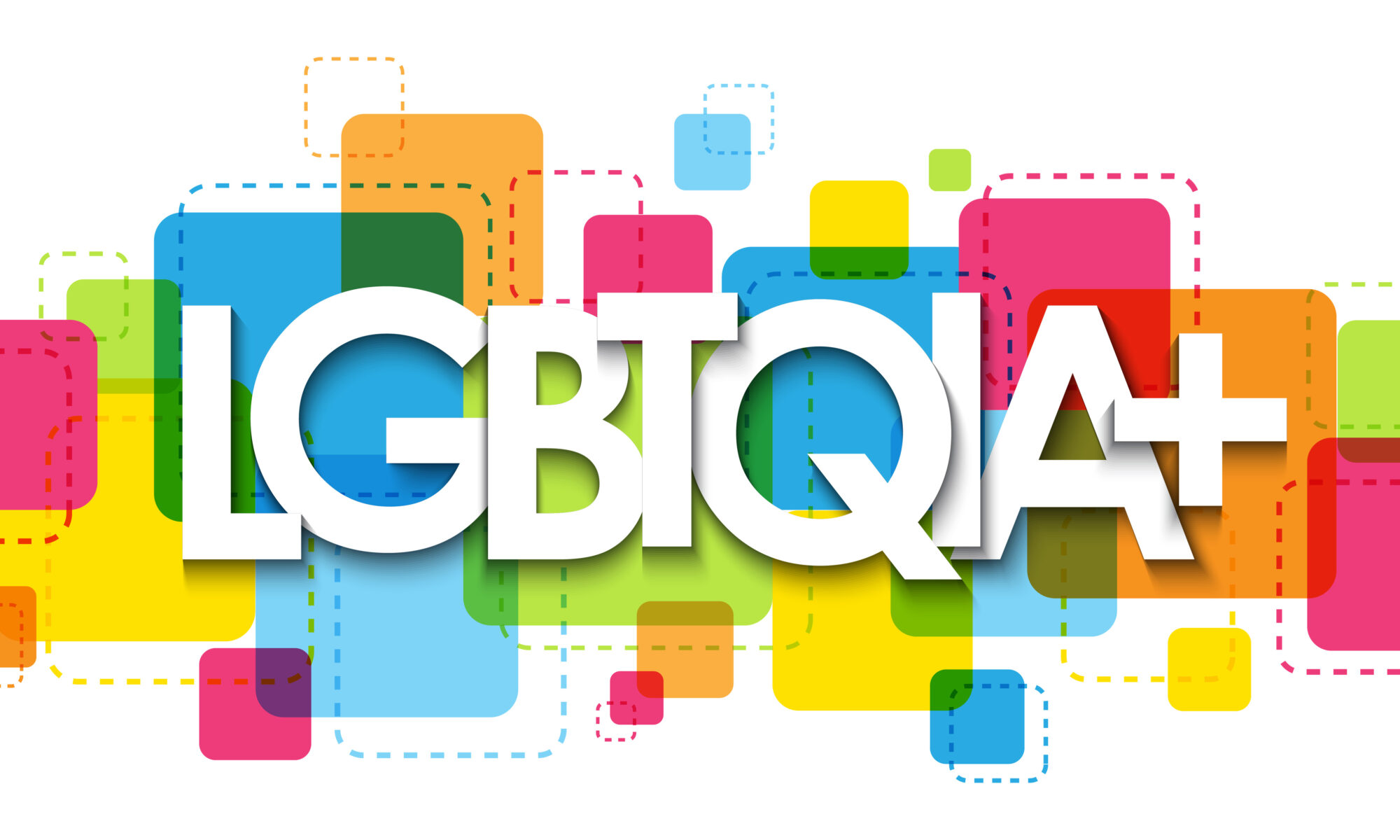Systemic Gender Bias in Academia: Why the Ivory Tower is Still Tilting
The image of academia is often one of pure meritocracy—a place where ideas reign supreme and the sharpest minds rise to the top, regardless of who they are. But peel back the ivy-covered façade, and a different reality emerges. For many women, the academic ladder is missing rungs, and the “publish or perish” culture comes with an unwritten addendum: navigate a labyrinth of bias or risk your career.
While universities pledge diversity and inclusion in glossy brochures, the data—and the lawsuits—tell a starkly different story. Systemic gender bias isn’t just about a single sexist professor or one overlooked promotion; it is the silent architecture of the institution itself. It is woven into pay scales, embedded in tenure reviews, and whispered in the hallways where “culture fit” becomes a convenient excuse for exclusion.
This blog explores the pervasive nature of systemic gender bias in higher education, moving beyond anecdotes to examine the structural barriers that continue to hold women back. We will look at how this bias manifests, the toll it takes on brilliant careers, and why recent legal battles, such as the one against California State University, are exposing cracks in the system.
Defining Systemic Gender Bias
It is crucial to distinguish between individual bias and systemic bias, though they often feed into one another. Individual bias refers to the specific prejudices or actions of a single person—a department head who believes women aren’t “serious” researchers, for example.
Systemic bias, however, is far more insidious. It refers to the policies, practices, and cultural norms that disadvantage a specific group across an entire organization or sector. In academia, this looks like tenure clocks that don’t account for maternity leave, teaching evaluations that consistently rate women lower than men for identical performance, and salary algorithms that perpetuate historical pay gaps. It is not just a “bad apple” problem; it is a “rotten barrel” problem.
Manifestations of Gender Bias in Academia
Systemic bias manifests in nearly every facet of academic life, creating a cumulative disadvantage for women that researchers often call “death by a thousand cuts.”
Hiring and Promotion Disparities
Despite earning the majority of doctoral degrees in many fields, women remain significantly underrepresented in tenured positions and leadership roles. The “leaky pipeline” phenomenon sees women dropping out of academia at higher rates than men at every stage of career progression. This is often due to vague criteria for “leadership potential” that favor traditionally masculine traits, leading to women being passed over for deanships and presidencies.
The Persistent Pay Gap
The ivory tower is not immune to the wage gap. A study by the California State University Employees Union found that white women are paid roughly 5% less than white men, while women of color face a nearly 7% disparity compared to white men. These gaps often start at the initial hiring offer and compound over decades, resulting in significantly lower lifetime earnings and retirement savings for female academics.
Research Opportunities and Funding
Access to grants is the lifeblood of academic research. Yet, studies consistently show that women receive smaller grants than men and are less likely to receive funding for follow-up research. This lack of resources restricts the scope of their work, reduces their publication output, and ultimately hampers their chances for tenure and promotion.
Recognition and Awards
Women are also less likely to be nominated for or win prestigious awards. This lack of recognition renders their contributions invisible, reinforcing the false narrative that male academics are the primary drivers of innovation and scholarship.
Workplace Climate and Harassment
Perhaps the most damaging manifestation is a hostile workplace climate. This ranges from overt sexual harassment to constant microaggressions—being interrupted in meetings, having ideas appropriated by male colleagues, or being addressed informally while male peers are called “Doctor.”
Case Study: The California State University Lawsuit
The theoretical framework of systemic bias becomes starkly real when we look at recent litigation. A high-profile lawsuit against the Board of Trustees of the California State University (CSU) serves as a potent example of how these issues play out in real time.
Plaintiffs Dr. Clare Weber and Dr. Anissa Rogers alleged a “cesspool of gender harassment and discrimination” within the CSU system. Their complaint detailed a culture where female executives were routinely paid less than their male counterparts—specifically, female Vice Provosts earned approximately 7% less on average.
The allegations painted a disturbing picture of leadership. The lawsuit claimed that high-ranking officials, including President Tomás Morales and Dean Jake Zhu, created a culture of fear. They were accused of “ranting” at female employees, holding them to higher standards than men, and subjecting them to “screaming rampages.” Dr. Zhu allegedly mocked Dr. Rogers for using gender pronouns in her Zoom name and told Dr. Deirdre Lanesskog, a female professor, “women need to have the bigger heart for her male colleagues.”
Perhaps most damning was the alleged institutional response. Instead of addressing the complaints, the lawsuit claims CSU silenced the victims. Dr. Rogers and Dr. Weber were allegedly directed to lie to colleagues and students by saying they were “resigning,” under threat of being fired. This retaliation highlights a critical component of systemic bias: the protection of the institution over the protection of its employees.
The outcome was significant: Dr. Anissa Rogers was awarded $6 million in a jury verdict for the emotional distress and personal toll of this discrimination. This victory underscores that these are not just “HR issues”—they are violations of civil rights.
The Impact of Gender Bias
The fallout from systemic bias extends far beyond the individuals directly involved.
Individual Impact: For women in academia, the toll is heavy. Beyond the financial loss from pay gaps, there is a profound psychological cost. The stress of navigating a hostile environment can lead to burnout, anxiety, and a loss of confidence. Brilliant careers are derailed, and many women simply leave the profession entirely, taking their expertise with them.
Institutional Impact: When bias goes unchecked, universities lose out on talent, innovation, and diverse perspectives. A homogeneous faculty is less equipped to mentor a diverse student body or tackle complex global problems. Furthermore, lawsuits like the one against CSU damage an institution’s reputation, making it harder to recruit top talent in the future.
Addressing Systemic Gender Bias
Dismantling systemic bias requires more than lip service; it demands structural change.
- Policy Overhauls: Institutions must implement transparent audits of pay and promotion. Salary algorithms should be reviewed to ensure they don’t carry forward historical inequities.
- Accountability: There must be real consequences for harassment and discrimination, regardless of a perpetrator’s tenure status or grant income. “Rainmakers” cannot be exempt from professional conduct standards.
- Mentorship and Sponsorship: Formal mentorship programs can help women navigate the unwritten rules of academia, while sponsorship programs can ensure women are actively championed for leadership roles.
- Unconscious Bias Training: While not a silver bullet, training can help search committees and tenure boards recognize and mitigate their biases during decision-making.
A Call for Equitable Change
Systemic gender bias in academia is a formidable foe, deeply entrenched in tradition and power structures. However, as the $6 million verdict against CSU demonstrates, the tide is turning. Legal action is becoming a powerful tool for holding institutions accountable.
If you believe you have faced systemic discrimination, harassment, or retaliation in your academic career, you are not alone, and you have rights. Silence only serves the system. By speaking out and seeking legal counsel, you contribute to dismantling the barriers that have held women back for too long.
We must demand an academia that lives up to its ideals—where merit matters more than gender, and where every scholar has an equal opportunity to thrive.






